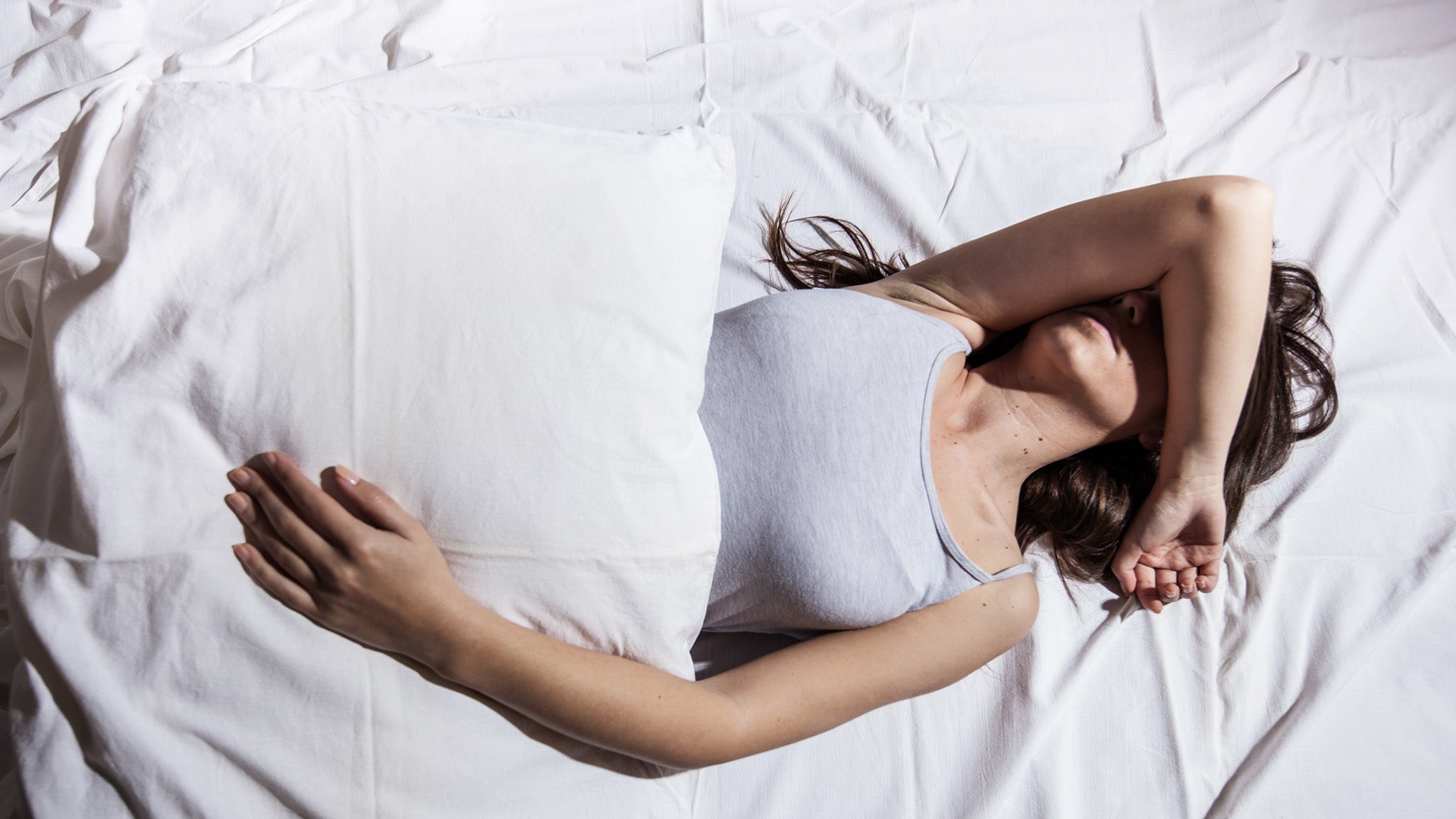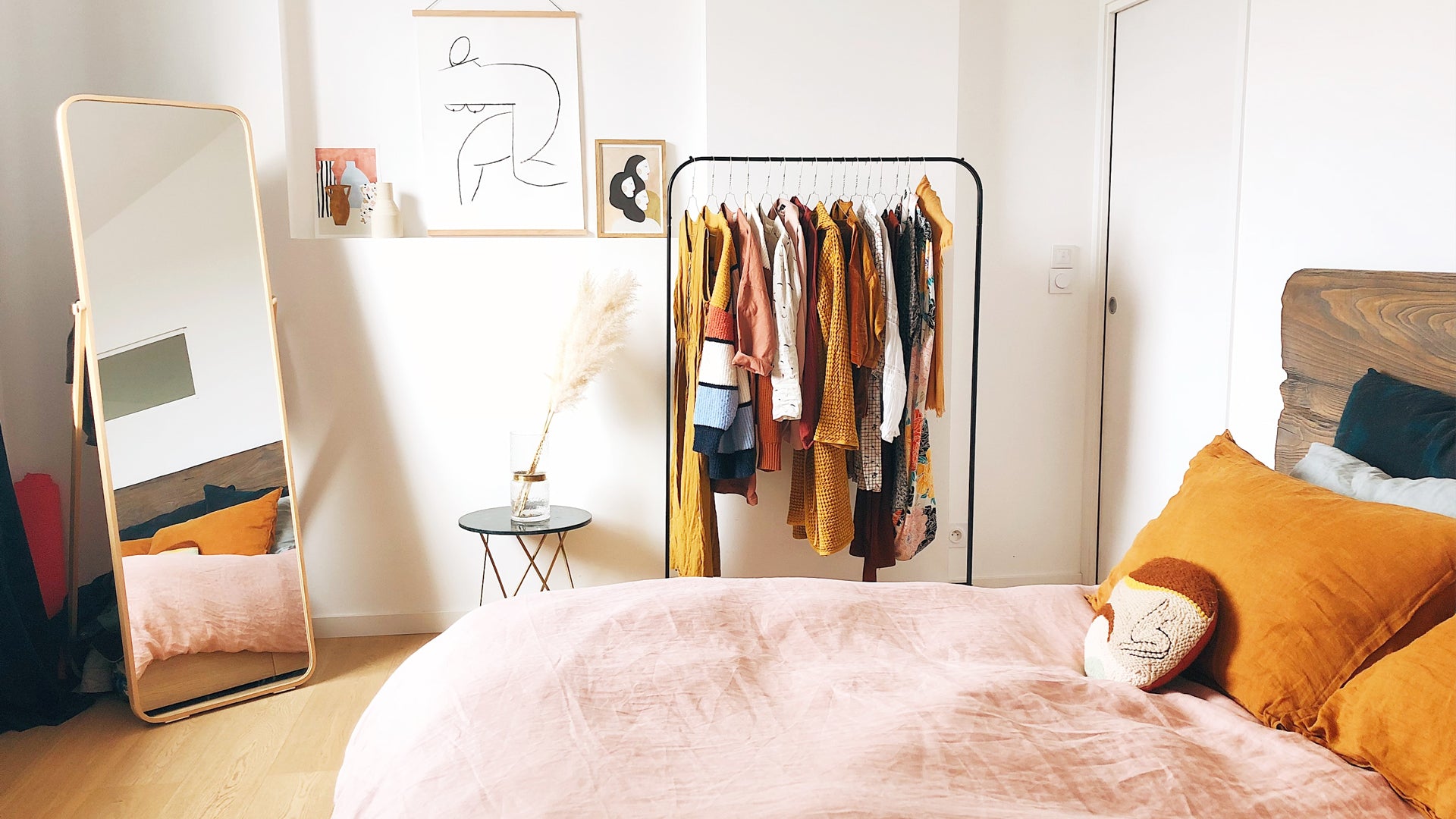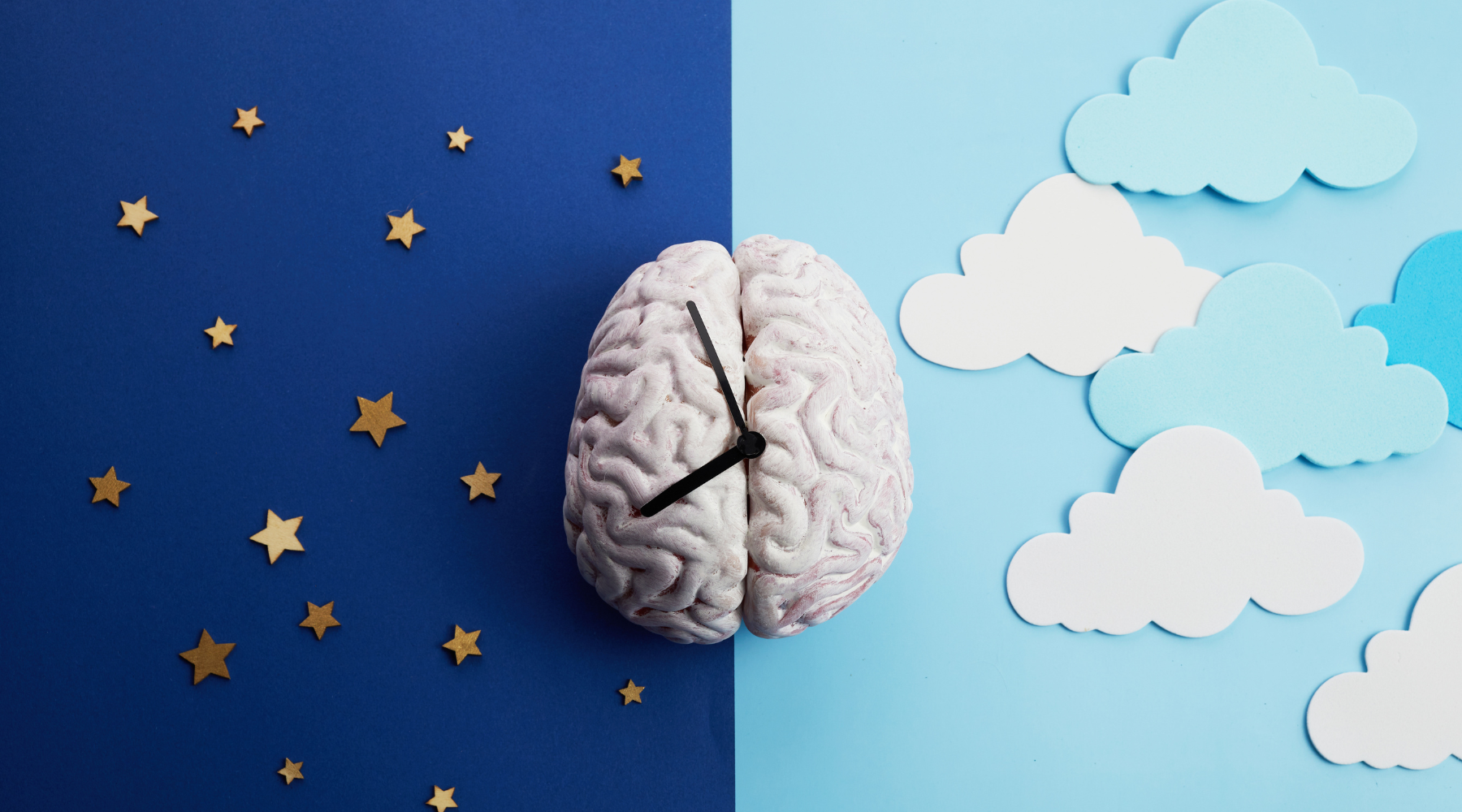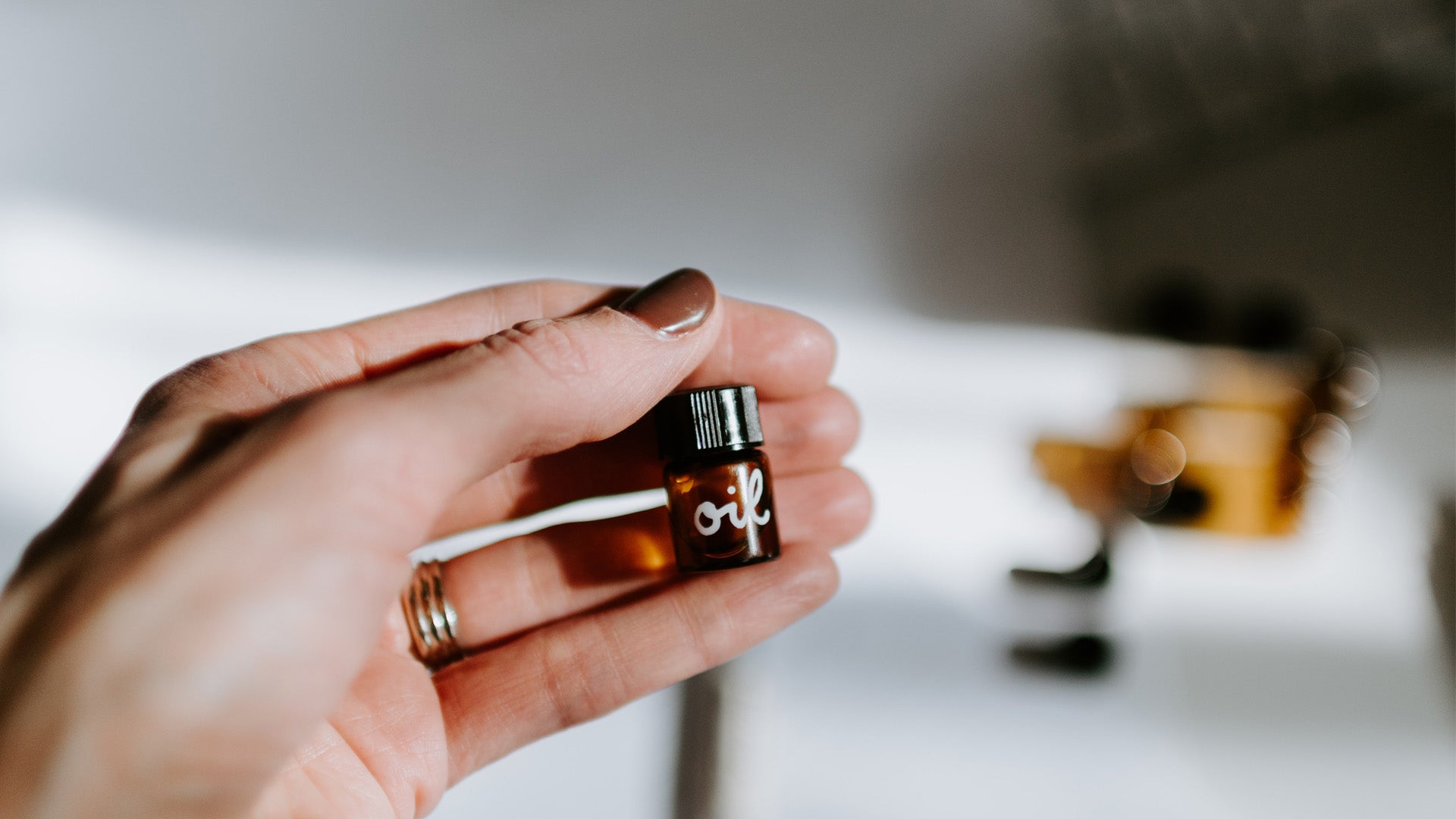4 STEPS TO EASE YOUR ANXIETY BEFORE BED

Is anxiety keeping you awake at night? Anxiety is a normal human emotion of nervousness and worry which is very common to experience it at night. Your mind start racing as soon your head hits the pillow. Instead of winding down, it’s a wave of worries perhaps about work, money, relationships. You are thinking about your to-do list, the future, or you have been watching too much news. This is especially true in uncertain times like we are facing right now with the Covid-19 crisis.
During the day we have a lot of activities keeping our brains busy. At bedtime we have nothing to distract us from worries and it can be a difficult transition for our brains.
An estimated 284 million people worldwide experienced an anxiety disorder in 2017, making it the most prevalent mental health disorder around the globe. Hannah Ritchie and Max Roser (2020) - "Mental Health". Some estimates put this number higher since many people with anxiety don’t know they have it or don’t seek treatment.
Researchers have found that the relationship between anxiety and sleep disruption is a two-way street. Stress and anxiety can cause sleeping problems, or worsen existing ones. And lack of sleep also triggers anxiety because it impacts how we function emotionally, mentally, and physically.
The good news about anxiety and sleep disorder being in a toxic cycle is that, if you help one problem, you also help the other. Sleep usually improves when an anxiety disorder is treated. Practicing good sleep hygiene helps too.
Here are some steps you can take:
1. Pick a bedtime and start a routine.
Deciding on a particular hour to go to bed will train your brain to get tired at a certain time which will help you fall asleep faster. It is a classic sleep hygiene tip that will help keep your body’s internal circadian clock in check.
At least 30 minutes before you want to go to bed, we suggest you install an enjoyable night time ritual to signal to your brain that the day is over and it’s time for sleep. This could be diffusing essential oils, drinking a calming tea, putting on your favourite pajamas, … It is important to follow the same pre-sleep routine every evening because the more you train your body to prepare for sleep and the easier it will be to achieve.
If you are constantly having trouble to fall asleep you may also want to readjust your sleep schedule. If you are not tired enough consider going to bed later!
2. Wind down your way – here are some examples
- Take a bath. Calming your body is integral to getting ready for bedtime. Taking a bath with essential oils or bath salts can help you release the tensions of the day. The decrease in body temperature you will get out of the bath is also a signal for the brain to start producing sleep-inducing melatonin.
- Practice relaxation techniques. You can do some yoga stretches of simply try this exercise in bed: lie on your back and bring all your attention to your body. Gently squeeze and release each muscle group, starting with your feet and working your way upwards to the top of your head. Once you are completely relaxed, focus on breathing slowly until you fall asleep.
- Try music & white noise. Music with slow rhythm can calm down your heart rate, regulate your breathing and reduce stress. In addition, quiet music or white noise will help muffle any distracting noise in your environment. They shift the focus away from your anxious thoughts to help you fall asleep faster.
- Clear your head. Do something that quietly engage your mind like reading, drawing, playing cards or listening to a positive podcast… These activities will distract yourself from anxious thoughts. Reading especially is the most recommended activity to decompress from the day. When you read you are transported into a story, far from your own story and your worries.
- Avoid stressful activities before bed. Checking email or doing some work before bed is obviously not a good idea. Reading the news as well can be overwhelming, and cause a spike in adrenaline that will delay your sleep. A study found that checking social media is also too stimulating for our mind and associated with disturbed sleep. Moreover, putting your electronic devices away before bed is important because they emit a blue light that inhibits the production of the sleep hormone melatonin, making it harder to fall asleep. It is recommended to put away electronic devices around an hour before bedtime.
- Be careful with sleep meds. If you are using medications or supplements to help you sleep, be careful about their habit-forming characteristic. While they can be a necessary short term solution, make sure you combine them with long-term lifestyle strategies.
- Start during the day. What you do during the day also impact your anxiety at night and your ability to fall asleep. It is important to lower your stress level throughout the day by practicing for instance deep breathing, meditation, playing with your kids or going for a walk … whatever works for you. During this special time, as a lot of us are confined at home, the challenge is to make sure we keep our day structured and filled. Try to go outside for about 30 minutes a day because daylight helps your body’s internal clock to function properly. And move your body daily. Exercise has been found to both lower anxiety and improve sleep.
3. Calm your mind
Since anxiety is an emotion, you have the ability to shift your own thinking and achieve better sleep.
- Practice gratitude. Think of 3 to 5 specific things you are grateful for every night. Practicing gratitude force your mind to look for the positive things in your environment and feel appreciative for what you have.
- Use a comfort fantasy. Use the power of your imagination to visualize happy and positive events and create a comfort fantasy to help you sleep faster. This could be visualizing an upcoming holiday trip, a festive gathering …
- Put your worries on paper. Keep a journal on your bedside table and when you need it, write down your worries as well as things you want to remember for the next day. By writing them down they are safely recorded and your mind can relax and let go.
- Try meditation. Learning to quiet your mind can be very beneficial in reducing anxiety and fall asleep at night. A study found that mediation has proven to be effective in treating anxiety and depression. If you are new to mediation, start with a 5-minute practice sitting on your bed and focusing on your breath. You can use an app like Headspace or Calm for guided meditations.
- Regulate your breathing. Deep breathing can alleviate anxiety and stress symptoms. Try this quick method: breathe in, hold for a few seconds and then breathe out. Repeat a few times until your body and mind feel relaxed.
- If you fail, get up and start again. If you struggle to fall asleep don’t stay in your bed awake for more than 20 to 30 minutes because it builds an association between your bed and being awake. Instead, get up and do something relaxing until you feel calm and sleepy again.
4. Ask for help
In some cases improving your sleep hygiene is not enough to solve your anxiety and sleep difficulties. If it starts to affect your everyday life don’t hesitate to seek help from a doctor or a mental health specialist. Insomnia and anxiety are very common and highly treatable.
To start your own pre-sleep routine, check out our selection of products to help you drift off here.
- 88SHEEP Team



